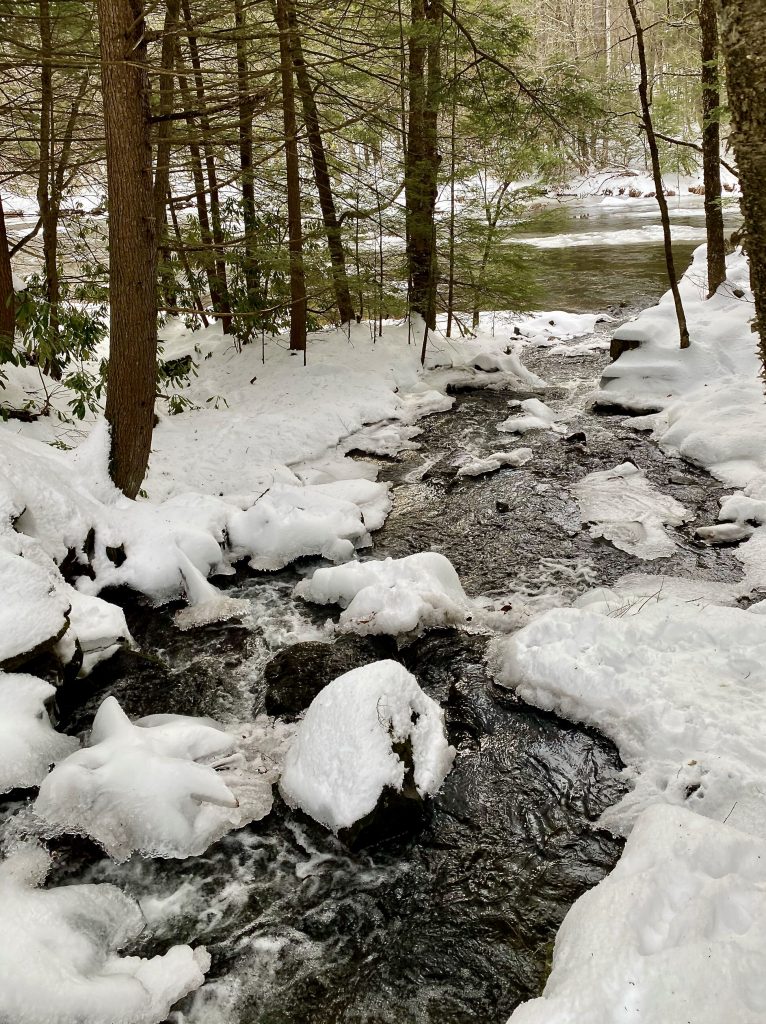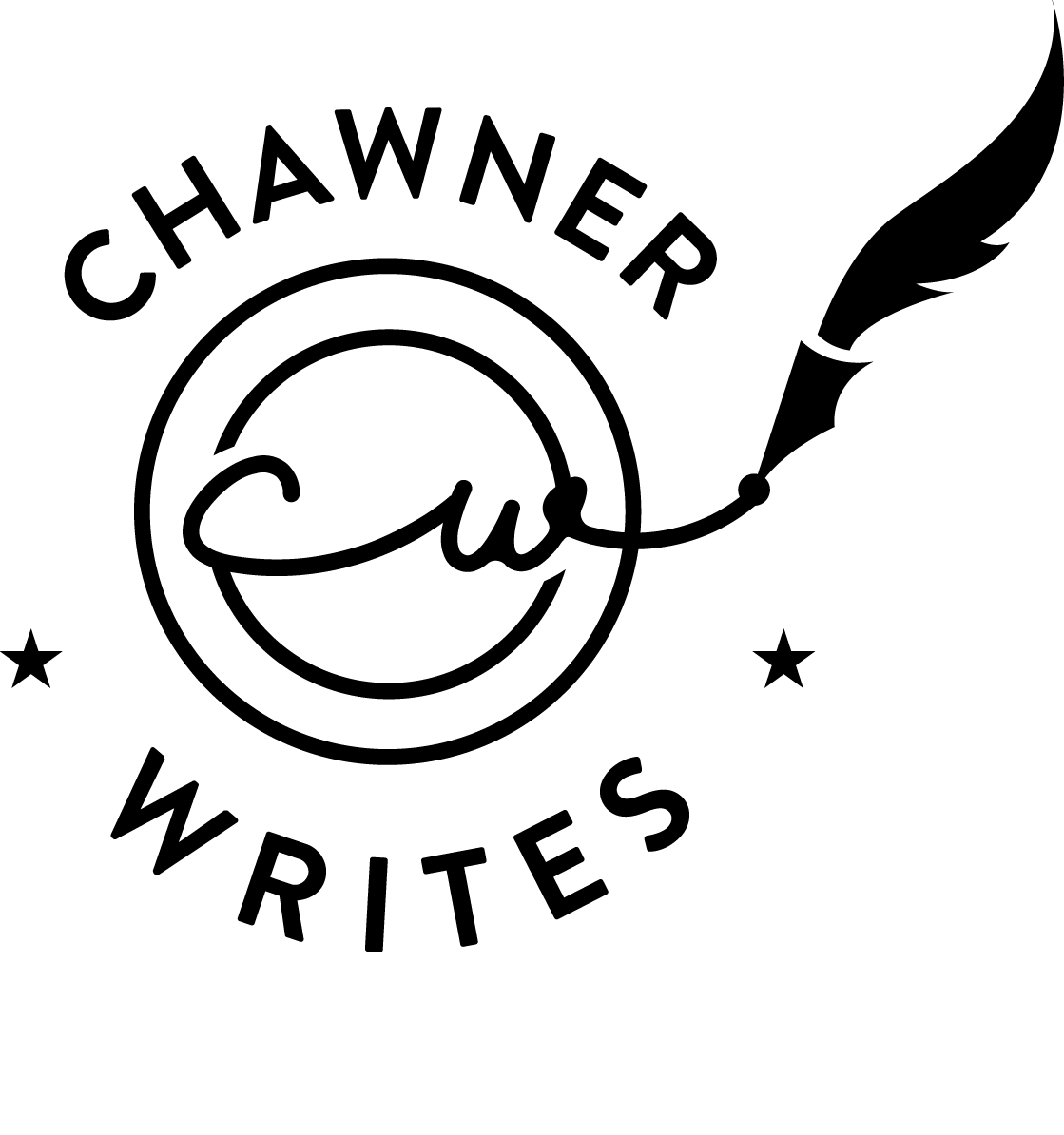
In Part 1 and Part 2, I discussed my frustration with conflicting writing advice; the best time to write, how many words, etc. Even the act of writing itself doesn’t have consensus. There are authors, like Gaiman, who write longhand with a fountain pen. Aside—I’m in full Gaiman mode at the moment. Read four or five of his books in the last year and am watching his Masterclass on writing. He posted pics of a writing room in some remote part of New Zealand that literally looks like a medieval hobbit hall. Writing magic, using a fountain pen, in that setting…wow. Hand sweeping across the page invites flow; after not writing longhand for twenty years, I started (in cursive) with morning pages. However, my handwriting is so illegible I can’t read most of my words, even minutes after I wrote them. And I type faster than I can write, so writing long-hand is a non-starter.
Even the way authors approach starting their work varies. The great divide is between outliners and pantsers. After my first brutal attempt, I tried outlining my next two stories. I found outlining too restrictive, too prescriptive. The template I used was logical, described action in the scene, the theme, the conflict, how the character started out, how they ended, etc. And it was fun to lie out, but much harder to implement. Writing an outline felt like homework, more than something creative. Like I’ve mentioned before, though, knowing the end is critical. I just heard Joyce Carol Oates (I haven’t read her yet, but she swirls around the writing space like Gaiman and Stephen King) on The Tim Ferriss show; she needs to know the ending, the beginning and the title. Gaiman, in his Masterclass, added some more interesting color; he said besides knowing what the happens in the story (plot), know what the story is about… the examples he used were women’s role in society and secrets. Add to that, some advice from Koppelman: what are the stakes in every scene? In the Godfather, every single scene is a battle, where the characters come out higher or lower than they did before.
